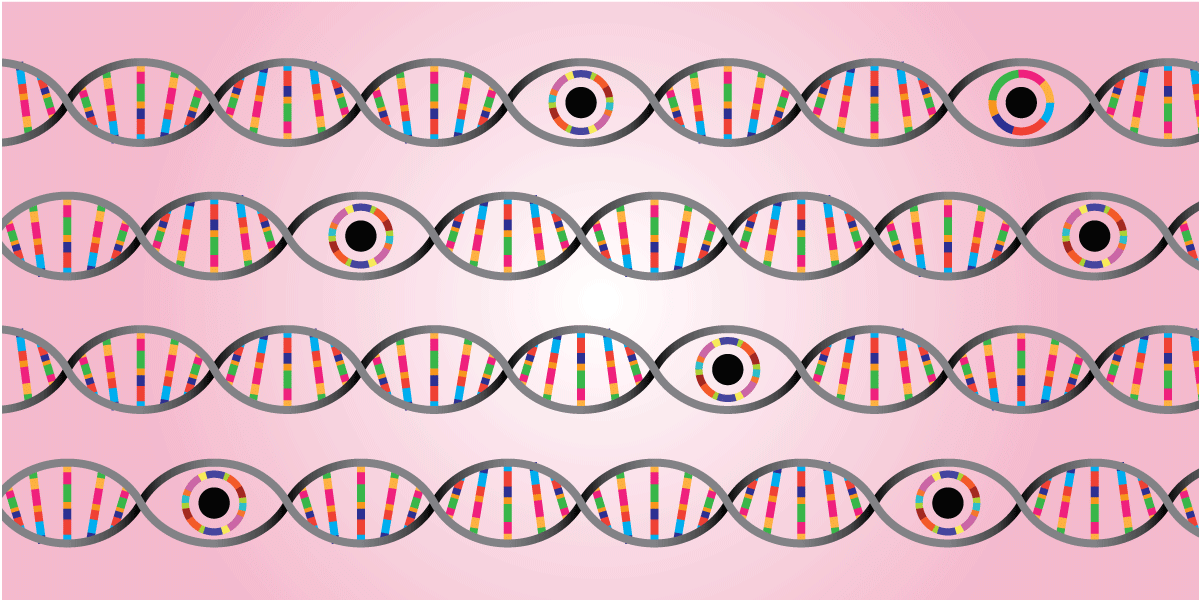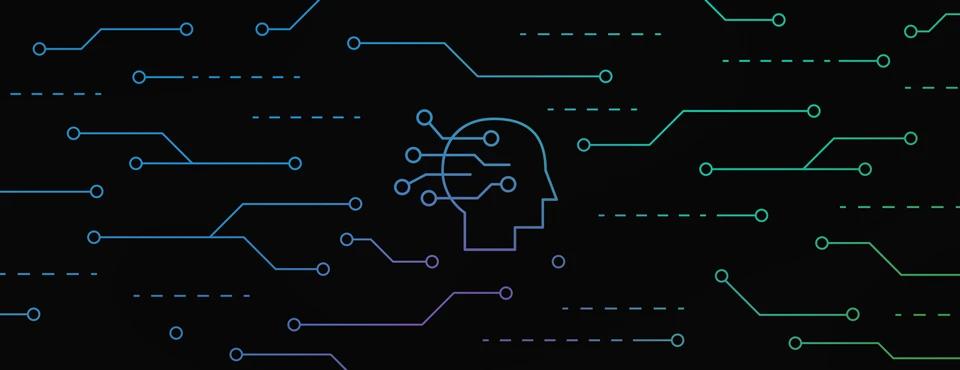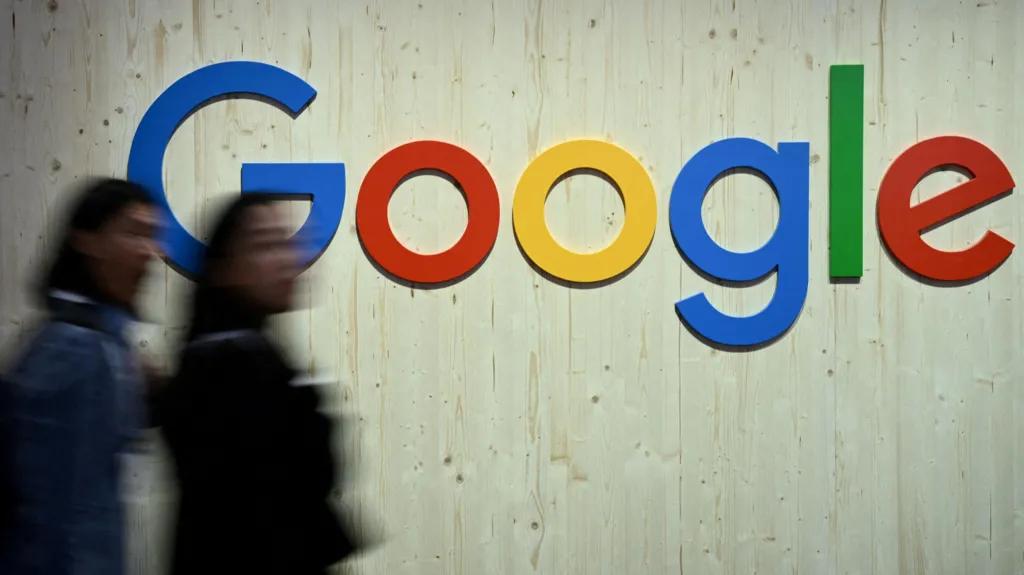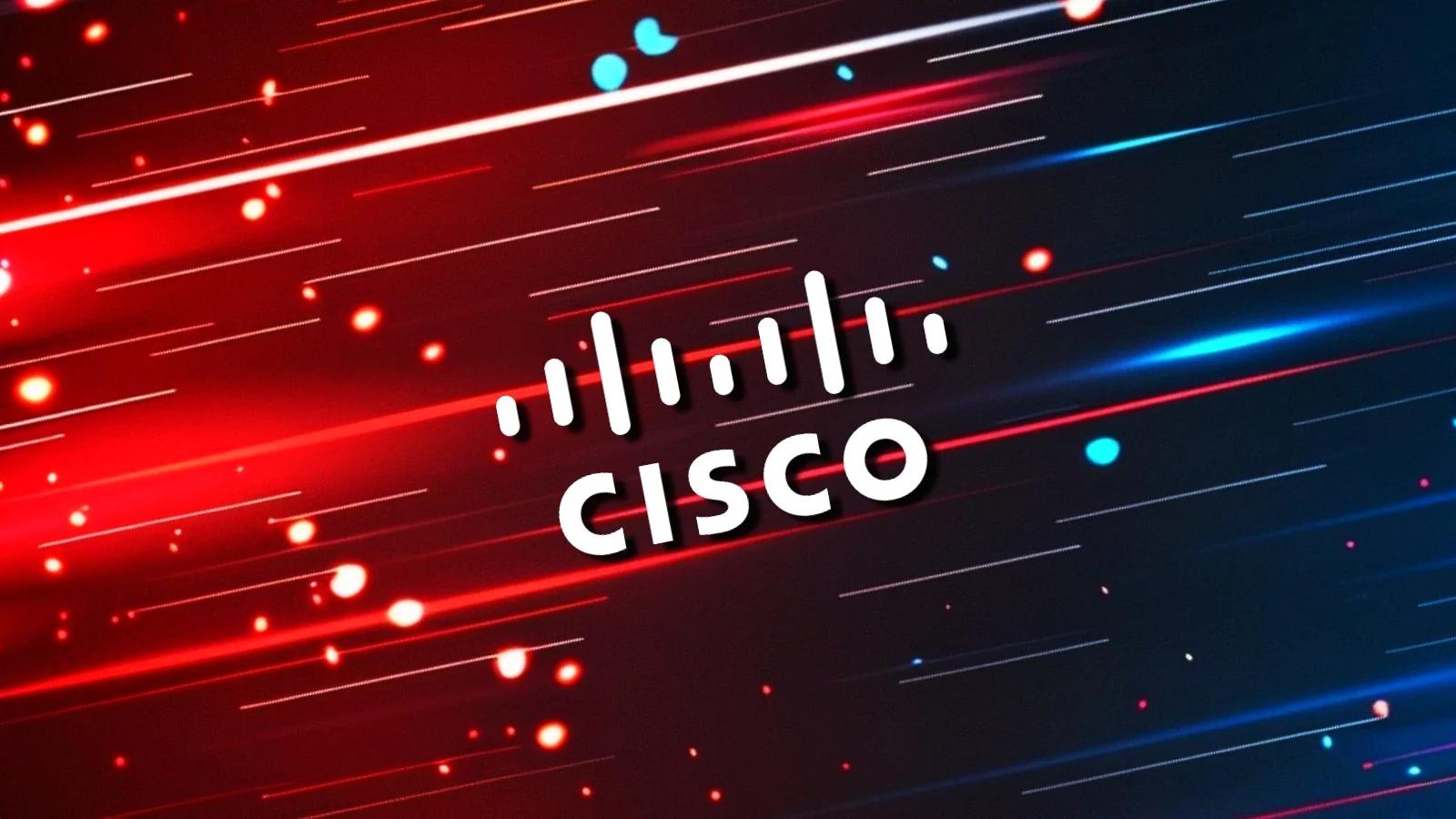|
|
 |
The grid needs new electricity sources to support AI technologies.
— Michael Terrell, senior director for energy and climate at Google
|
|
|
Happy Thursday! Welcome to back Snippets 👋
- Our top story explores AI's role in modern and future scientific discovery, against the backdrop of this year's Nobel Prizes.
- Plus, the Electronic Frontier Foundation makes an impassioned argument against the sale of 23andMe.
- And, with New York's new cybersecurity regulations nearing their enforcement date, businesses must work quickly towards compliance.
|
|
|
|
|
AI’s growing, yet uncertain role in breakthrough science
|
 |
|
Stephanie Arnett/MIT Technology Review
|
AI made a splash at this year’s Nobel Prize awards—but David Baker, one of the chemistry laureates, believes the technology doesn’t yet have access to enough high-quality data to be genuinely useful for scientific discovery.
|
- Baker acknowledged that AI has enabled advanced problem-solving—as evidenced by his own work at Google DeepMind, which integrated AI deep learning into protein structure prediction.
- But Baker refutes the idea that AI is powering an inflection point for scientific discovery, as his (and others') projects were powered by the Protein Data Bank (PDB), a rare trove of quality, curated data.
- In contrast, most AI developers train their models on publicly available data that isn’t held to the same standards as the PDB, undermining quality and increasing the likelihood of bias or errors.
|
|
|
|
|
|
|
See Transcend Preference Management in action!
|
|
Join us October 31 at 9am PT to learn how effective preference management can help you build consumer trust while driving business growth! We’ll cover how to:
- Create a branded preference center where users can choose their own settings for company communications
- Reconcile individual data use choices
- Customize workflows for seamless system updates
Register now to secure your spot and get access to the recording if you can’t make it!
|
|
|
|
|
|
|
|
Opinion: A 23andMe sale would be a privacy disaster
|
 |
|
|
Anne Wojcicki, the CEO of 23andMe, recently announced she would consider selling the company—raising concerns among its 15 million customers, whose sensitive DNA data could be put at risk.
|
- Writers for the Electronic Frontier Foundation argue that 23andMe should make strong privacy commitments before any acquisition, including obtaining user consent and ensuring the buyer adheres to strict data protection standards.
- They also note that users have legal rights to access and delete their data before or after an acquisition, with various state laws providing additional protections for genetic privacy.
- Users looking to take action now can request that 23andMe delete their data and then delete their account, which will ensure their genetic sample is destroyed and removed from future research projects.
|
|
|
|
|
|
|
|
New York’s new cybersecurity regulations soon to be enforced
|
 |
|
Illustration: Ron Cortez/Bloomberg Law
|
As enforcement for the New York Department of Financial Services’ (NYDFS) updated cybersecurity regulations approaches, companies must implement timely incident reporting and strong response plans to stay compliant.
|
- The NYDFS oversees over 3,000 financial entities with assets exceeding $9.7 trillion, including banks, insurers, and virtual currency companies.
- The new regulations require that companies inform the department of any ransomware attacks within 72 hours. If a company makes an extortion payment, it must report that payment within 24 hours.
- Companies must also establish a clear strategy for restoring system security, ensure they have sufficient insurance and legal counsel, and create plans for informing consumers about any breaches.
|
|
|
|
|
|
|
|
- WhatsApp’s new privacy policy draws scrutiny in India.
- National Public Data files for bankruptcy after massive breach.
- Google won’t U-turn on the Privacy Sandbox.
- Introducing Pan, a privacy-focused PHP.
- Your mobile carrier may be snooping.
|
|
|
|
|
|
Google turns to nuclear power to run its AI data centers
|
 |
|
Reuters
|
Google has signed an agreement with Kairos Power to use small nuclear reactors to power its AI data centers, starting this decade and expanding by 2035.
|
- Though the deal is still pending approval from the US Nuclear Regulatory Commission and local agencies, it reflects a growing tech industry trend—as AI developers turn to alternate sources to power their resource-intensive data centers.
- Proponents of the deal argue it will help support the commercialization of advanced nuclear energy, while skeptics worry about the long-term effects of radioactive waste.
- Speaking on the deal, Kairos executive Jeff Olson noted the agreement is “critical to decarbonizing power grids,” as global energy consumption by data centers is expected to more than double by the end of the decade.
|
|
|
|
|
|
|
|
Cisco investigating potential data breach
|
 |
|
|
Tech conglomerate Cisco is investigating a potential breach, after a hacker known as IntelBroker claimed he and two others stole a large amount of developer data—putting it up for sale on a popular hacking forum.
|
- According to IntelBroker, the stolen data includes a wide range of sensitive company information, including source code, credentials, and customer documentation.
- To substantiate their claims, the hackers uploaded samples of the stolen data, including a database, customer information, and screenshots of customer management portals.
- If the hackers’ claims are verified, Cisco will join a growing list of IntelBroker’s victims, which also includes T-Mobile, AMD, and Apple.
|
|
|
|
|
|
|
Field Notes Vol. 1: A Whirlwind Week in Sunny L.A. ☀️
|
|
Follow along for a week in the life of Transcend's Field Chief Privacy Officer, Ron De Jesus, as he...
- Leads an expert panel at IAPP P.S.R.
- Attends the IAB Privacy Compliance Salon
- Films the next episode of Field Trips (with a special guest you won't want to miss)
- Gives an interview for a documentary film
- And more!
Get Ron's first-ever Field Notes in the link below.
|
|
|
|
|
|
|
|
|
Snippets is delivered to your inbox every Thursday morning by Transcend. We're the platform that helps companies put privacy on autopilot by making it easy to encode privacy across an entire tech stack. Learn more.
|
|
|
|
You received this email because you subscribed to Snippets. Did someone forward this email to you? Head over to Transcend to get your very own free subscription! Curated in San Francisco by Transcend.
|
|
|
|
|
|